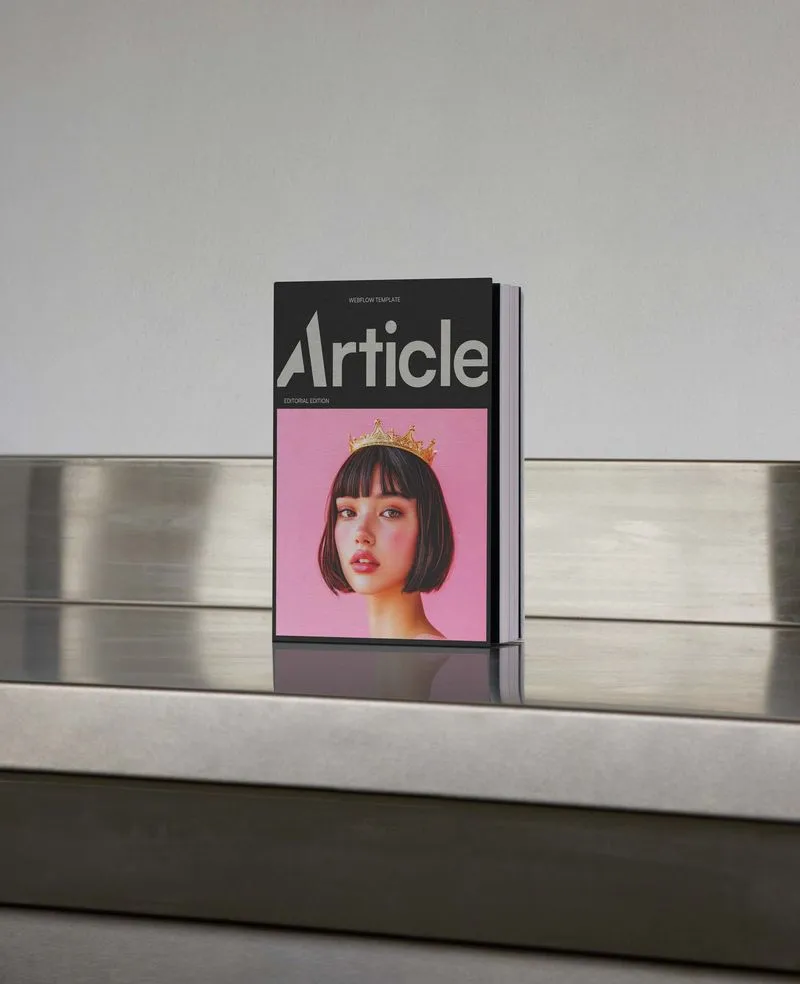Talent Booking 101: From Locals to Touring Acts
The right talent can make or break an event. Booking local DJs, emerging bands, or touring artists is pivotal in driving ticket sales, building excitement, and creating your experience. Here’s how to book talent strategically, negotiate effectively, and ensure a smooth performance day.
Finding the Right Talent for Your Event
Before reaching out to any talent, get clear on who fits your event’s vibe. The wrong booking can hurt attendance, while the right act can elevate your event and sell more tickets.
Where to Find Talent
- Local Scene: Check out bars, lounges, and small venues to find rising talent who are eager to perform. Go on the Instagram of venues first to filter through the artists listed on flyers and event pages, then go IRL to see those artists perform live and meet them to chat about the experiences you host. A personal relationship with an artist can go a long way.
- Online Communities: Active Discord servers, Reddit groups, and IG/TikTok music networks can be goldmines for emerging artists.
- Industry Connections: Many artists rely on booking agents or managers—LinkedIn, Twitter (X), and Instagram can help you connect.
- Talent Agencies & Booking Platforms: Websites like BeatGig, GigSalad, or Bandsintown are great for finding and booking more established acts.
Pro Tip: If you're running a niche event (e.g., a jazz night, underground house party, or indie music showcase), research who's already drawing crowds in your scene and book accordingly.
Structuring Your Talent Offer
Know What You Can Afford. Talent fees can vary widely - from indie acts to touring artists, it pays to know where your budget falls.
Common Pricing Tiers:
- Local DJs/Artists: $200–$1,500
- Mid-Tier Touring Artists: $3,000–$10,000
- High-Demand Acts: $10,000+
Budget Hack: For emerging artists, instead of a flat fee, offer a percentage of ticket sales (e.g., 10-20%) or bar revenue shares. This will incentivize them to promote your show, sell more tickets, and ensure both you and them take home more profit!
Making the First Contact
Your first message sets the tone for your deal. Keep it clear, professional, and specific.
What to Include in Your Initial Outreach:
- Who you are (brief intro, past events, credibility)
- Event details (date, location, expected audience size)
- Their role (performance type, set length, etc.)
- Compensation structure (flat rate, split revenue, or perks)
- Why them? (Highlight why their style fits the event)
What NOT to Say:
- "Great exposure" – Artists don't work for exposure.
- Overhyping audience size – Be realistic about attendance.
- Last-minute requests – The earlier you book, the better.
Negotiating the Deal
Once an artist expresses interest, lock in the details upfront to avoid last-minute issues.
Key Negotiation Points:
- Fee Agreement: Total payment, deposit amount, and payment schedule.
- Travel & Lodging: If they're coming from out of town, who covers what?
- Equipment Needs: Will they bring their own gear, or do you need to provide it?
- Performance Time & Set Length: Clear set times help coordinate with venue curfews, staff, and other acts.
- Merch Sales: Will they sell their merch at the event? If so, who gets the cut?
Always Use a Contract. Even for small gigs, having simple written agreements can prevent disputes.
Technical & Venue Logistics
A flawless performance depends on good planning.
Tech Rider Checklist:
- Full sound & lighting specs (e.g., DJ decks, mics, amps)
- Stage layout & setup time
- Power & internet needs
- Backup equipment available
Venue Coordination:
- Load-in time & parking access
- Green room & hospitality setup
- Emergency plans (e.g., weather backups for outdoor events)
Pro Tip: Ask talent what they need in advance—ignoring a tech rider can derail an entire performance.
Event Day: Managing Talent Smoothly
Assign a Talent Handler. Someone should be the point of contact for artist arrival, setup, and logistics.
Performance Flow:
- Arrival & Check-In – Make sure they know exactly where to go.
- Sound Check & Final Prep – Test all equipment before doors open.
- Performance & Time Management – Keep the set on schedule.
- Wrap-Up & Payment – Close out professionally; pay promptly.
Common Pitfalls to Avoid:
- Late sound checks = Delays & unhappy talent.
- No green room/artist area = Bad hospitality = No repeat bookings.
- Surprise time changes = Artists hate last-minute set adjustments.
Post-Event: Strengthening Relationships for Future Bookings
Great relationships mean better rates, easier negotiations, and exclusive bookings down the line.
Follow-Up Best Practices:
- Say Thank You. A simple "Thank you for an amazing set!" goes a long way.
- Offer Future Gigs. If they fit your brand, lock in future dates ASAP.
- Provide Content. Send professional photos/videos they can use on their socials.
- Pay Fast. Nothing kills an artist relationship like late payments.
Find the right talent, negotiate smartly, and treat artists well - they’ll not only help you pack out your venue, but also elevate your brand and community long-term.

Join Our Newsletter
Get a weekly selection of curated articles from our editorial team.


